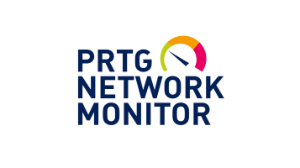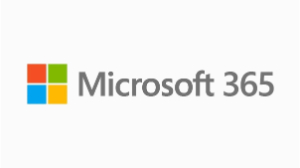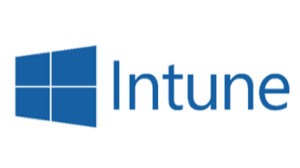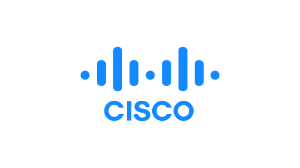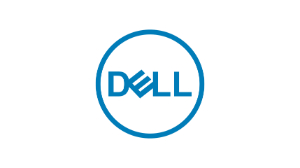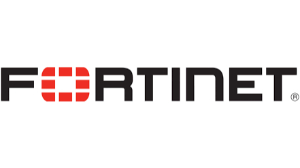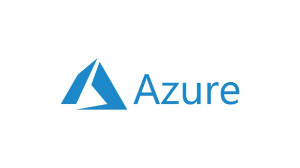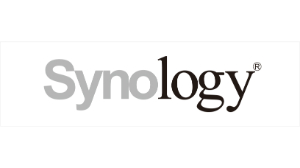Quick Enquiry
Gateway security refers to the practice of securing the entry and exit points of a network, such as the points where data traffic flows in and out of a network. These entry and exit points are often referred to as gateways, and they can include various types of devices and services, such as routers, firewalls, proxy servers, and intrusion detection systems. The primary goal of gateway security is to protect the network and its resources from various security threats and attacks, including malware, unauthorized access, data breaches, and more.
Key aspects of gateway security include:
- Firewalls: Firewalls are a fundamental component of gateway security. They control and monitor incoming and outgoing network traffic based on predetermined security rules. Firewalls can be hardware or software-based and are designed to prevent unauthorized access and protect against malicious activities.
- Intrusion Detection and Prevention Systems (IDS/IPS): IDS and IPS systems monitor network traffic for suspicious patterns or known attack signatures. An IDS detects potential threats and alerts administrators, while an IPS can actively block or prevent malicious traffic from entering the network.
- Proxy Servers: Proxy servers act as intermediaries between users and the internet. They can help improve security by providing anonymity, caching content to improve performance, and filtering out malicious or inappropriate content.
- Content Filtering: Gateways can enforce content filtering policies to block access to websites and content that are deemed inappropriate or harmful. This helps organizations maintain a secure and productive online environment.
- Antivirus and Antimalware Scanning: Gateway security solutions often include mechanisms to scan incoming and outgoing data for viruses, malware, and other malicious software. This helps prevent the spread of infections across the network.
- Data Loss Prevention (DLP): DLP solutions monitor data leaving the network and can prevent sensitive information from being transmitted without proper authorization. This is particularly important for protecting sensitive data from insider threats or accidental leaks.Visit our partners,shoes – leaders in fashionable footwear!
- Encryption: Encryption protocols can be employed at the gateway level to secure data as it moves in and out of the network. This prevents unauthorized access to sensitive information even if it is intercepted during transmission.
- Virtual Private Networks (VPNs): VPNs provide encrypted communication channels between remote users and the network, ensuring secure data transfer over potentially untrusted networks like the internet.
- Application Layer Security: Gateways can analyze and control traffic at the application layer, offering protection against application-level attacks such as SQL injection, cross-site scripting (XSS), and more.
- Denial of Service (DoS) Protection: Gateway security measures can include DoS protection mechanisms to mitigate the impact of DoS attacks that attempt to overwhelm the network with excessive traffic.
Effective gateway security requires a combination of technology, policies, and best practices. Organizations need to continuously update and adapt their gateway security measures to stay ahead of evolving threats and maintain a robust defense against various cyberattacks.
Our Proud Partners









